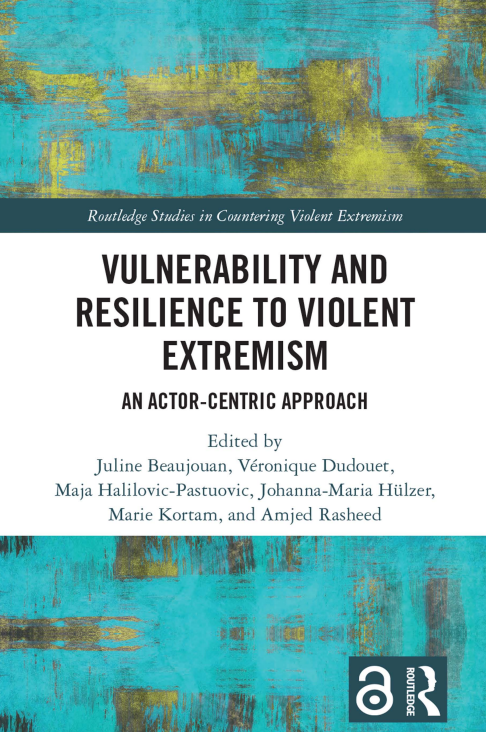Ioannis Armakolas and Bledar Feta wrote a book chapter on the prevention of radicalisation in North Macedonia with Routledge Studies in Countering Violent Extremism.
The chapter provides a comparative analysis of the political, social, economic, and cultural factors and drivers that fuel radicalisation in two municipalities of North Macedonia, based on qualitative data collected in Tetovo and Kumanovo. It does so by uncovering the different pull and push factors that make parts of the communities in both Tetovo and Kumanovo vulnerable to extremist narratives, enabling the different extremist groups (ethnonationalists, religiously motivated extremists, and violent right-wing extremists) to recruit sympathisers and followers. The chapter elaborates on the role that civil society plays in the prevention of violent extremism as well as in the de-radicalisation process in the researched communities. The aim is to provide a clear image of the role, contribution, and the context in which civil society actors should operate as these can act as bridges between the local communities and the government. The chapter argues that coordination and cooperation among all actors involved in the P/CVE mechanism are key to making North Macedonia’s national plan for the prevention of violent extremism more responsive to the needs of society.
You can read the book chapter here
The chapter is part of the book “Vulnerability and Resilience to Violent Extremism: An Actor-Centric Approach”, which is based on Horizon 2020 PAVE Project. This book examines the actors that shape societal dynamics leading to, or preventing, violent extremism from taking root in their communities, including state representatives, religious institutions, and civil society actors. The volume contributes to an emerging stream of research focusing on intra- and inter-group dynamics to explain the emergence and persistence of, or resilience against, violent extremism. It utilises an actor-centric approach, uncovering the landscape of actors that play relevant roles in shaping societal dynamics leading to, or preventing, violent extremism affecting their communities. The analysis builds on new empirical evidence collected in Bosnia and Herzegovina, Kosovo, North Macedonia, Serbia, Iraq, Lebanon, and Tunisia. This allows for an innovative comparative perspective on two regions in the European neighbourhood that are rarely studied together, even though they seem to share common patterns of (de-)radicalisation and violent extremism despite their distinct historical, political, and cultural trajectories and relations with the EU. In both regions, the book analyses the roles of and interactions between state, political, religious, and civil society actors in shaping community vulnerability to and/or resilience against violent extremism. Different types of community leaders are equipped with varying levels of authority, trust, legitimacy, and influence over community members. As such, the categories of actors analysed can play either detrimental or beneficial roles, which makes vulnerability and resilience to violent extremism two sides of the same coin.
You can read the Book here.



